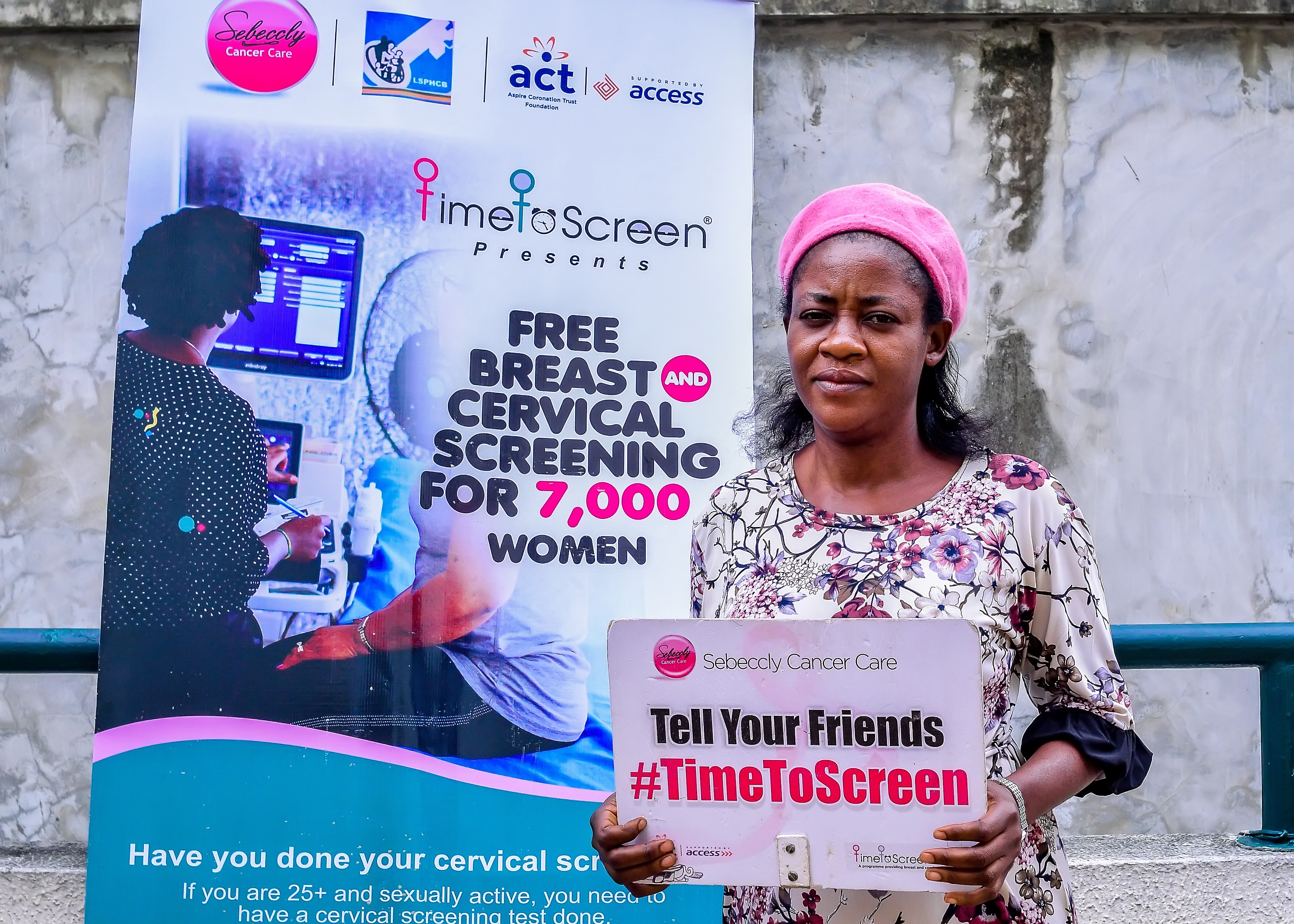Our Mission
Health intervention is the heart of the ACT Foundation’s work and our goal is to facilitate better healthcare services for the vulnerable and marginalized groups in our society. Our health intervention seeks to promote sustainable solutions in the areas of Malaria, Cancer (Breast, cervical and prostate), Maternal and Child Health and Water Sanitation and Hygiene. We believe that if individuals live healthy lives, they can be empowered to lift themselves out of poverty and be productive members of society.
Our Impact
Grantee Spotlight: Sebeccly Cancer Care
Transforming Cancer Care In Nigeria
Founded: 2006;
Focus: Reducing inequality in cervical cancer screenings
Target: Underserved communities with limited healthcare access
The Challenge
In Nigeria, cervical cancer presents a critical public health challenge:
- 14,000+ women diagnosed annually with cervical cancer
- 80% present with advanced disease requiring complex treatment
- 8,000 preventable deaths occur each year
- Only 9% of the population has access to screening services
The Time To Screen Solution
Through ACT Foundation's support, Sebeccly Cancer Care's TimeToScreen program delivers comprehensive cancer detection services:
Services Provided:
- Clinical breast examinations
- Visual Inspection with Acetic Acid (VIA)
- Visual Inspection with Lugol's Iodine (VILLI)
- Immediate treatment of cervical abnormalities using colposcopy and cryotherapy
Program Highlights:
- 30,000+ women and girls reached with screening services
- Immediate treatment for detected abnormalities
- Patient navigation services for those requiring additional care
- Community education to demystify cancer and reduce fear
Innovation During COVID
When face-to-face screenings became challenging during the pandemic, Sebeccly pivoted to create the SOAR Champions program:
- Online support group connecting patients and survivors
- Access to cancer coping resources
- Direct connections to oncologists
- Network of survivors providing peer support

